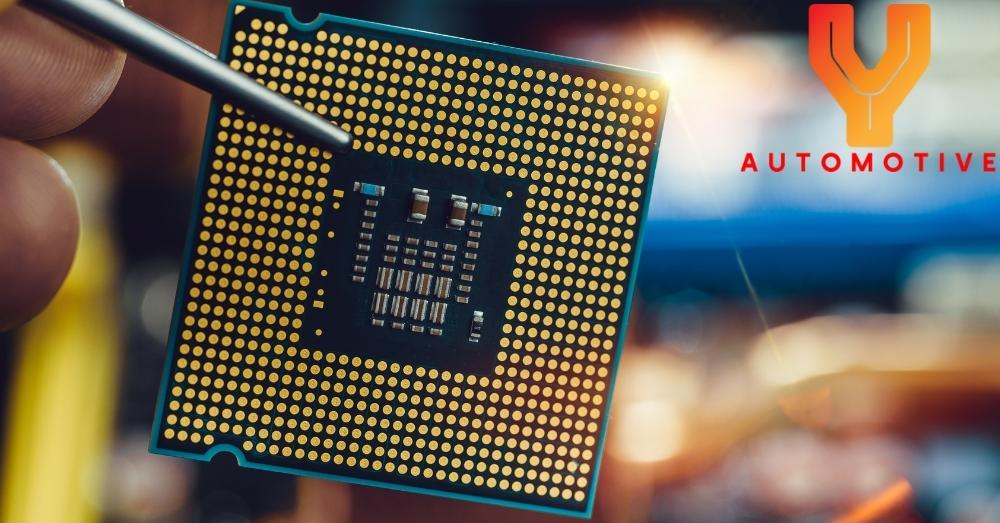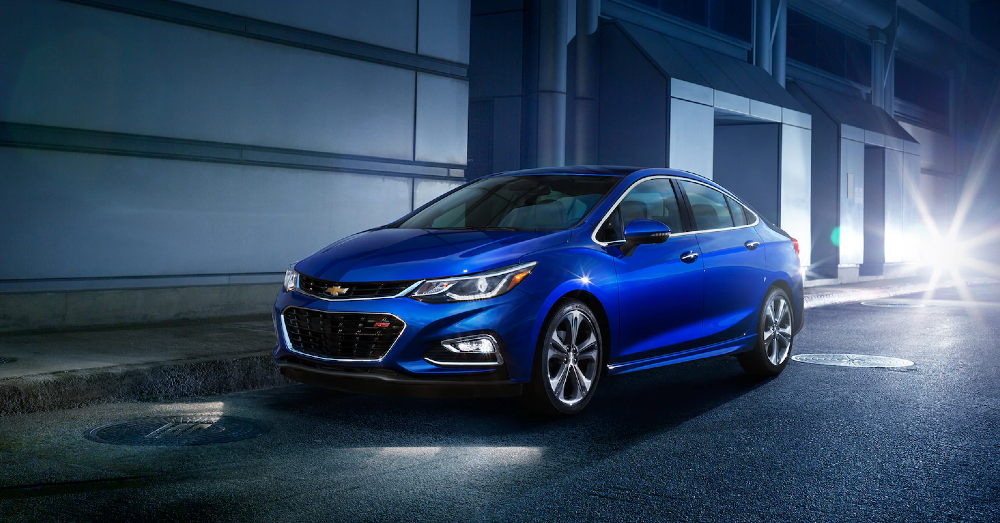Car production remains slow due to the ongoing chip shortage. Most automakers are still unable to fully meet demand, which means prices for new cars remain high and many models are hard to find. For some models, automakers are even removing features in order to ramp up production. The difficulty in buying new cars has also led to an increase in prices for used cars.
Many Consumers Postponing Purchases
New and used car dealers are seeing slowed traffic in some places, which is due to up to 45% of consumers saying that they will postpone their new vehicle purchase as long as the chip shortage drags on. However, that number is actually a slight drop from August of 2021 when 48% of consumers said they would postpone. It’s possible that more consumers are aware of the chip shortage and how long it might drag on. Currently, only 28% of consumers said they would be willing to pay over MSRP for the vehicle that they want. However, of that 28%, they would be willing to pay about 20% over MSRP to get the exact vehicle that they want.
How Used Car Dealers Are Coping
Used car dealers arguably have it better than new car dealers as they have different expectations from consumers. People who go to buy new cars are often very specific about what they want. Buyers looking for used cars are generally aware that it’s rarely possible to find the exact model you want and are willing to make more concessions. Many new car dealers are turning into defacto used car dealers as they hype up their used inventory.
How Long Will the Shortage Continue?
The truth is that we’re in for the long haul. It’s very likely that the shortage will continue into 2023 and beyond. One problem is that many current car platforms are roughly a decade old, which makes it even more complicated to navigate the supply chain when older tech is required. Older semiconductor nodes are actually more difficult to obtain than newer technologies. Automakers are taking different routes to deal with this problem. Experts say that one solution is redesigned architecture. Others say that software can possibly alleviate some of the issues. As mentioned earlier, some automakers are simply removing certain features from vehicles in order to keep them in production.
Ultimately, most industry experts believe the supply chain problems will persist until the auto manufacturers can adapt to a long-term chip shortage. Unexpected events like the war between Russia and Ukraine are likely to extend that timeline. The advice for consumers is to either prepare to pay higher prices or wait it out.




